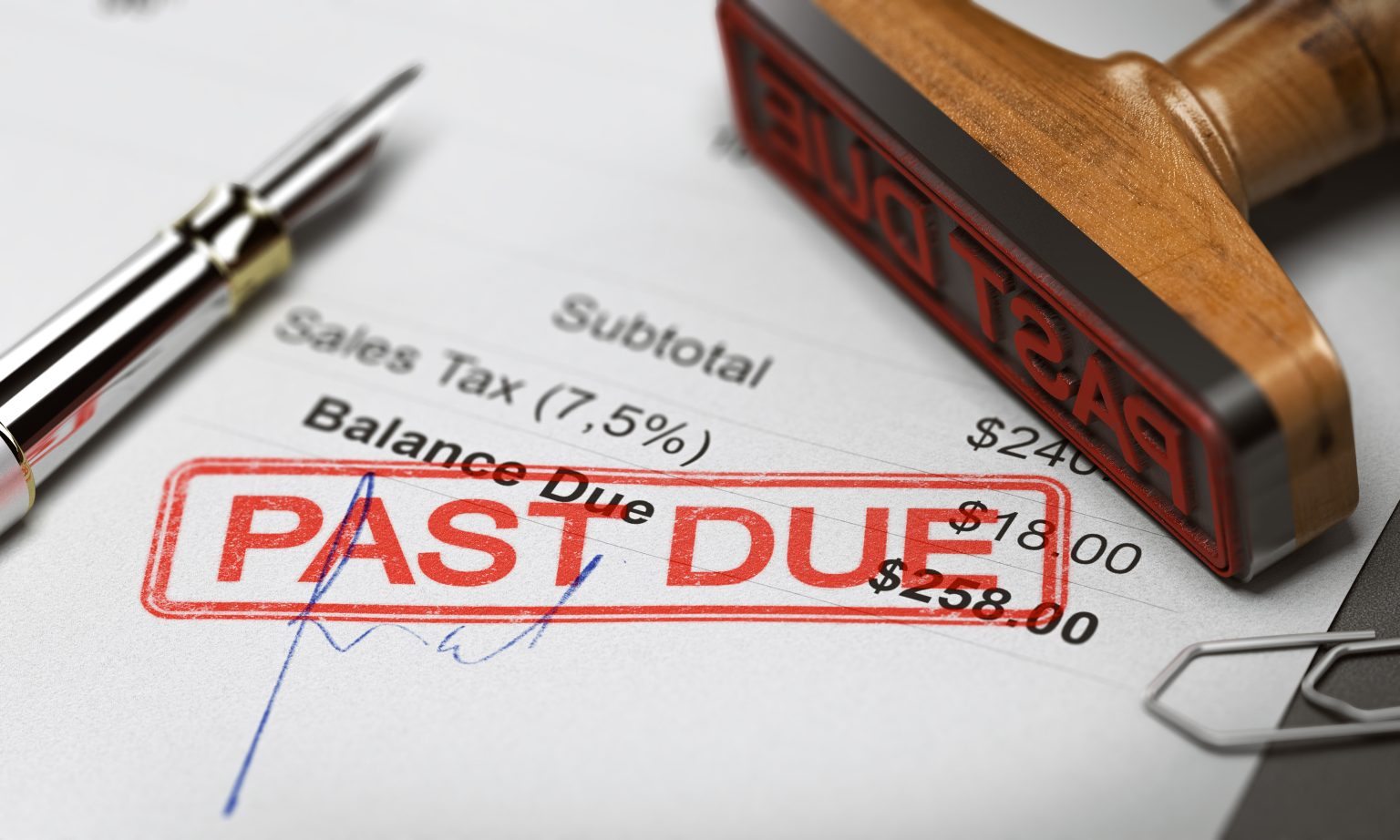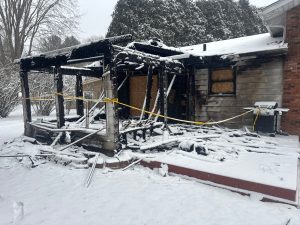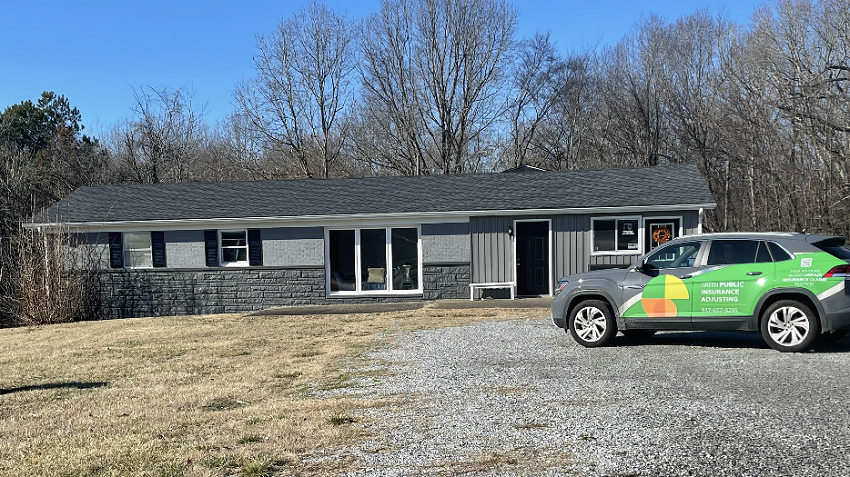In the business of claims management, fairness is often the first casualty when payment doesn’t follow performance. While some states prohibit licensed public adjusters from adding additional fees for collection efforts, the reality remains: it is not feasible for any service-oriented business to perform without timely and complete compensation.
So, how does a professional — especially a public adjuster — recover payment from a homeowner, contractor, or even a law firm once the funds have already been distributed without honoring your rightful portion?
The Legal Landscape: Know What You Can and Can’t Do
Public adjusters operate under strict licensing rules that vary by state. Many jurisdictions allow the filing of civil action for unpaid invoices but prohibit “collection fees” or “late penalties” beyond the agreed-upon contract percentage.
Before taking any enforcement step, review:
- Your state’s public adjuster statute for fee limitations.
- Your contract language — particularly whether payment is “due upon recovery” or “upon distribution.”
- Whether your jurisdiction permits third-party collection agencies to act on behalf of a licensed adjuster.
Compliance must come first; even well-intentioned efforts to recover owed fees can inadvertently breach licensing restrictions.
- Protect Your Right to Payment Upfront
Prevention is the best protection. A clearly written contract can eliminate most payment issues:
- Define your fee structure precisely, specifying when payment is triggered (e.g., “upon issuance of any insurance proceeds”).
- Document payment options — including direct pay, endorsement handling, or escrow through the law office.
- Include a collections clause that clarifies unpaid invoices will be subject to lawful recovery procedures (without implying additional fees if not permitted).
- Obtain client initials on every page of the contract and any payment processing notices to avoid disputes about what was agreed upon.
- Maintain a Paper Trail
Keep all communication professional and complete. Retain copies of invoices, emails, text messages, and payment authorizations. If a law firm or contractor received proceeds meant to include your fee, obtain a written accounting of the funds distributed. This record becomes invaluable in establishing both fairness and intent.
- Utilize Lawful Recovery Channels
If direct communication fails:
- Send a formal demand letter citing your contract and state licensing authority.
- Consider small claims court for smaller amounts or civil action for larger recoveries.
- When permitted, assign the receivable to a licensed collection agency familiar with professional-services accounts.
- Notify relevant professional associations or the insurer’s special investigations unit (SIU) if you suspect misappropriation of funds.
- Strengthen Future Relationships
Every dispute is an opportunity to improve process management:
- Require joint checks or direct payment agreements with law firms or contractors.
- Use secure payment platforms that timestamp transactions and confirmations.
- Regularly review your billing templates and contract addenda for clarity and compliance.
Fairness in business doesn’t end with the close of a claim — it continues with ensuring that each professional in the chain is compensated ethically and legally for their work.
Disclaimer
Employees of Green Public Insurance Adjusting are not attorneys and do not provide legal advice. The information contained in this article is for general educational purposes only and should not be construed as legal counsel. Parties facing nonpayment or contract disputes should seek advice from a qualified attorney licensed in their state.





